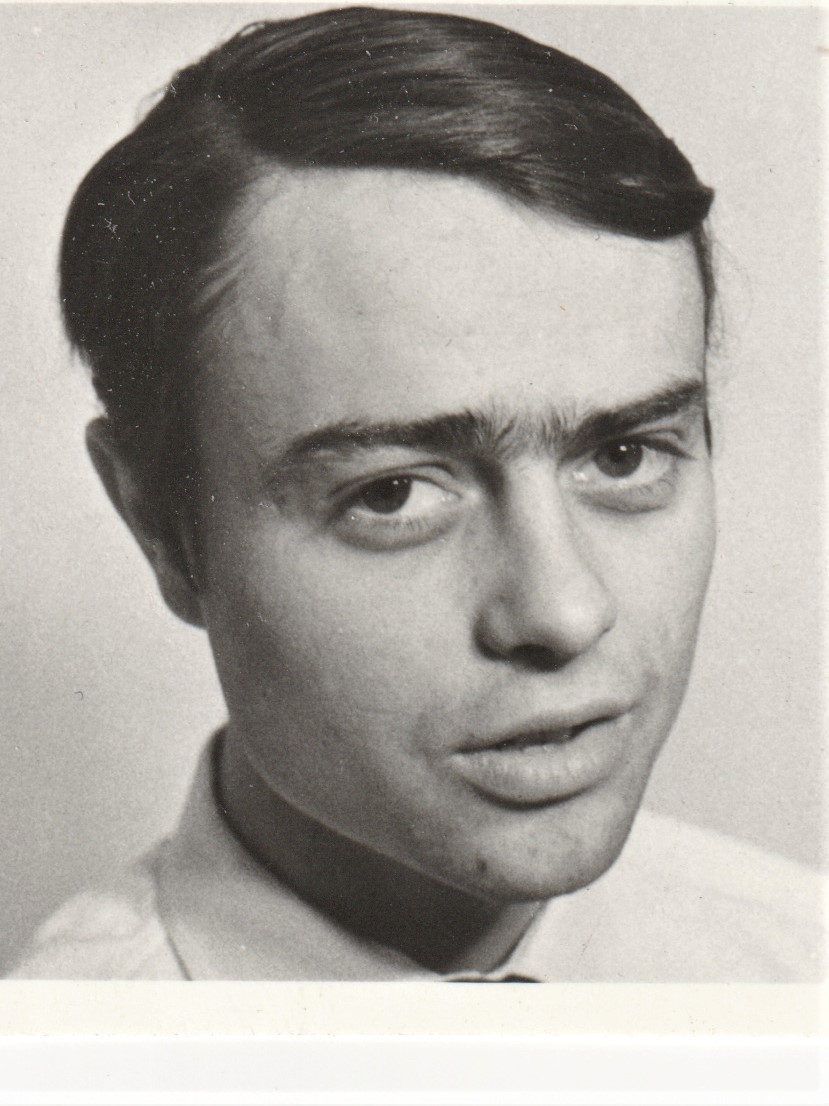It’s an outdated method to try to overcome the spirit through brutal violence...

Download image
Jiří Tomáš was born on 17 November 1944 in Prague and grew up in northern Bohemia, where both his parents, Marie and Karel, devoted themselves to founding children’s homes and special schools. Following his parents’ example, he entered the Faculty of Education at Charles University in Prague in 1962 but got drawn to journalism. He served his military service in Liberec, where he worked as a book methodologist from 1965 to 1967. After returning to Prague, he began working as a journalist for Průboj, Lidová demokracie and Mladá fronta, for which he wrote articles on the rehabilitation of victims of the staged trials in the late 1940s and early 1950s. In 1969, he failed a political security background check and had to cease his career as a journalist. Until 1990, he worked as an editor and later as the editor-in-chief of the publishing house Novinář. In 1990, he founded the Akropolis publishing house, which is run today (2023) by his son Filip. In 2023, he lived in Prague.






